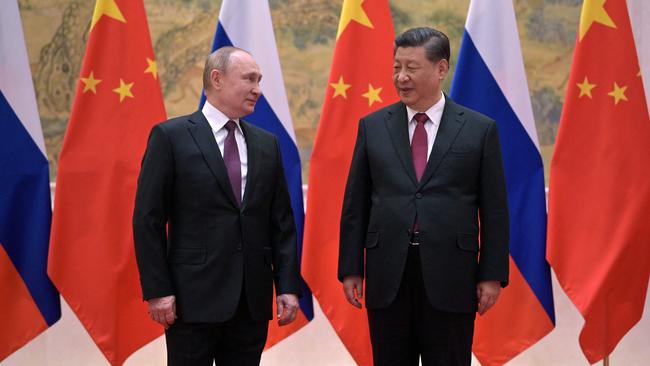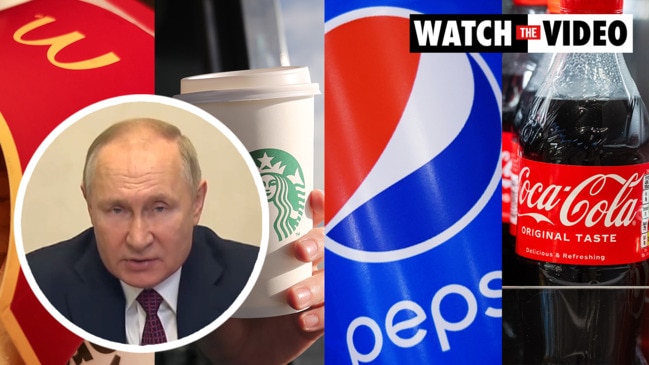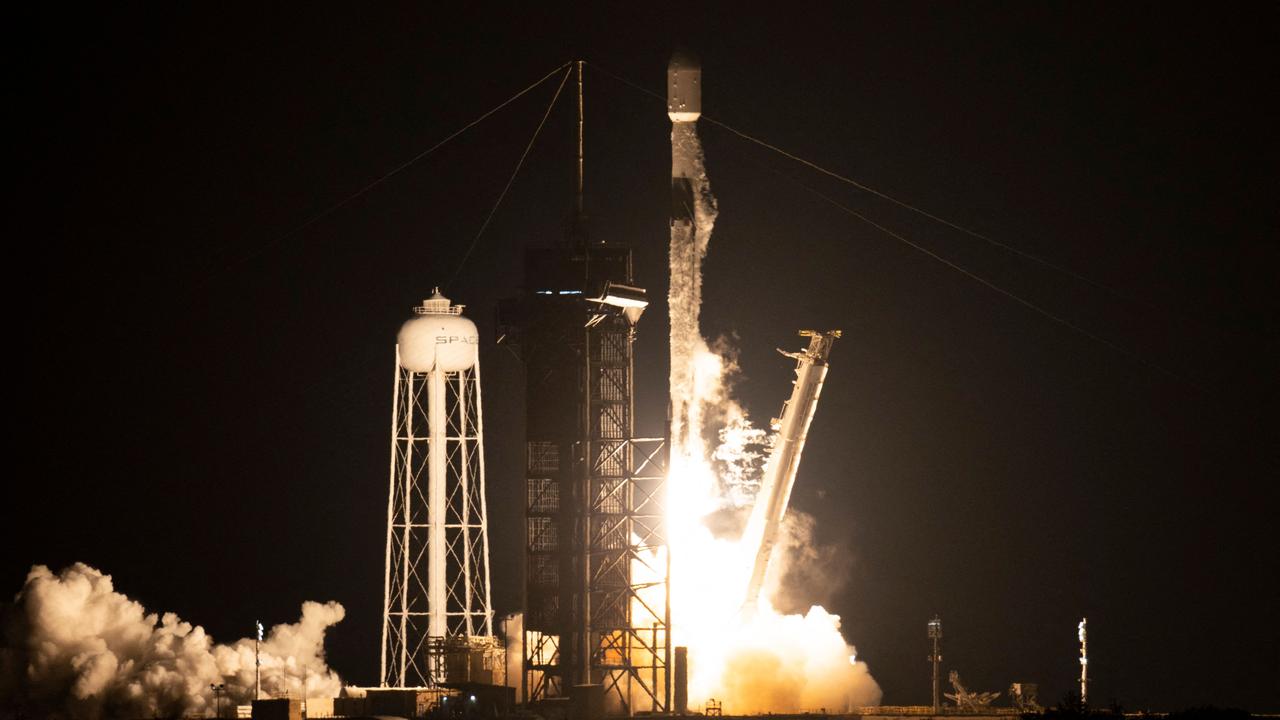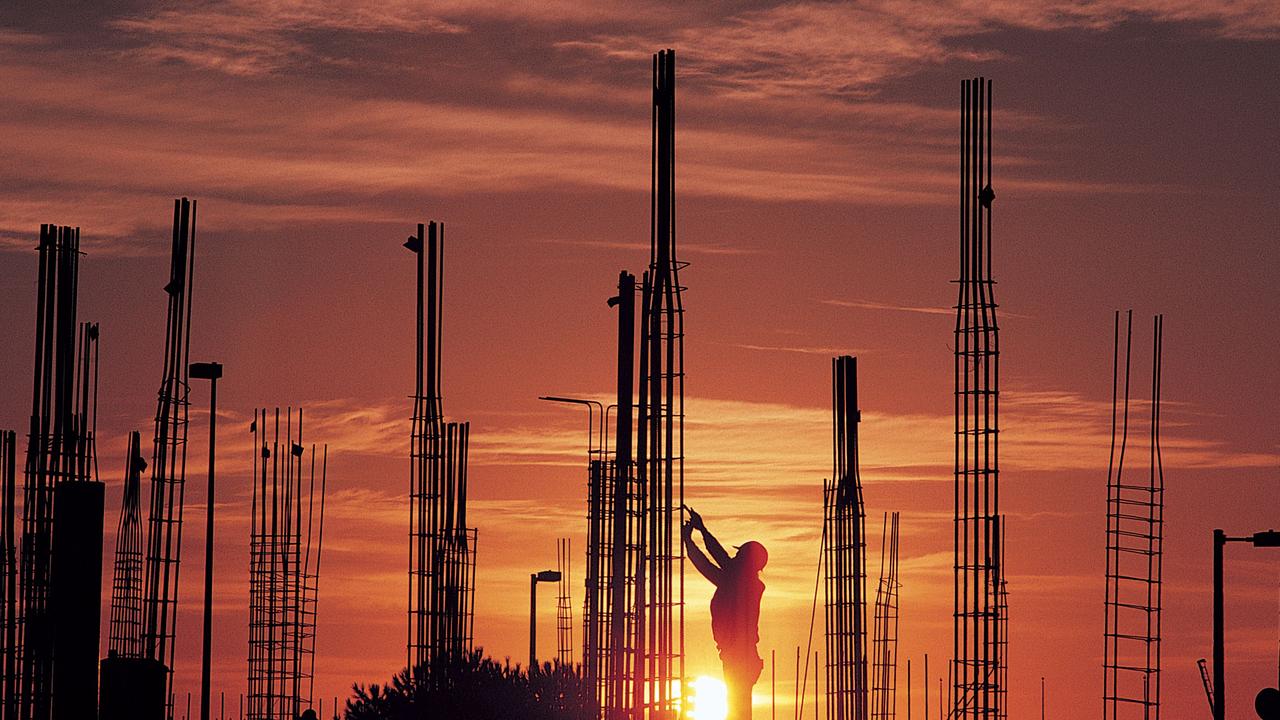
As I researched what this new world will look like, I realised that the next government of Australia, like others around the world, will face an environment vastly different from anything that recent previous administrations have experienced. Both global and local business enterprises also face different trading conditions.
Perhaps the biggest change is the end of globalisation as we have known it. The world seems headed into a series of trading blocs — an environment Australia will not find comfortable.
Already, Covid-19 supply chain disruptions have made most countries seek greater supply security either via home manufacture or greater diversity. That movement will boost costs. And Europe is scrambling to lessen its reliance on Russian gas.
The Russian sanctions have pushed China and Russia into a bloc that will face its first test after the Russian’s request for Chinese arms. If China agrees, then not only is the risk of a greater conflict intensified, but there will be a huge pressure to isolate China which may hit iron ore exports. Similarly, Ukraine has united the US and Europe.
But the biggest force that will concentrate trading blocs is the sudden realisation in Russia and China that their internet and associated data and communication networks can be turned off or severely disrupted by the US.
In today’s world, the internet is similar to electricity and we will see the China-Russia bloc move to become either independent or less reliant on the US or anyone else. And the US will reduce its dependence on Russia and China for essential materials.
The Europe and the US alliance will be tested at the end of the Ukraine war, but Russia’s expansionistic ambitions will likely keep it together. China will work hard to suck as much of Asia as possible into its network which will create obvious problems for Australia.
We will see a division between democratic countries and those being governed in a form of autocracy such as Russia and China.
But the new landscape covers much wider areas:
– As well as higher interest rates, countries around the world are facing three threats – inflation, stagflation and recession. Most will be hit by one and many by two of these forces.
– There will be a huge requirement for global and local defence spending at a time when, as a result of Covid-19, most countries, including Australia, have huge budget deficits.
Germany will lead the list of countries that will have a new defence spending agenda.

Australia is in a desperate situation on defence, because although we have spent billions of dollars we have wasted most of it on useless equipment acquisitions. We face massive expenditures to rectify the mistakes.
– There is additional pressure on highly indebted nations like Australia facing defence spending boosts – communities now have a greater sense of entitlement. They believe governments must meet new needs and solve their problems including welfare and disasters.
– With governments under financial pressure in countries like Australia, giving additional tax help to enterprises will be very difficult.
– Until Ukraine, climate considerations dominated global strategic thinking but now there is a scramble for gas and coal. Having opposed oil fracking, President Biden has taken to the oil pumps and encouraging as much production as possible. High energy prices will encourage capital to boost oil, gas and coal but also to replace them with renewables.
– Led by the US, the increasing rates of inflation that are not being matched by wage increases mean that the standard of living of people is falling. And that fall extends to those with savings in the bank that are falling in value each day. This will reduce global growth rates. But remember that large segments of the population of many countries, like Australia, are cashed up and may spend their money before inflation erodes it.
– Our education systems failed us and the world has a global shortage of skills.

– In Australia we are already seeing a public-relations campaign emerging to prepare the country for lower superannuant balances and an attack on trusts. There will be more to come.
– Australia will benefit from the higher gas and coal prices likely in the short-to-medium term plus food and the metals needed for the new electric power-based world. But China will work very hard to lessen dependence on Australian iron ore.
– Australia has pumped money into housing with flexible interest rates or rates fixed for relatively short periods. If the interest rate rise goes beyond two per cent, a large number of people will be adversely impacted. At the same time the looming increasing migration and students will create a shortage of housing.
– If Labor wins the next election, industrial relations will be tougher arena and the ALP is already spruiking big wage rises which will impact profits if they can’t be passed on.
There is no simple answer as to which enterprises will prosper in this environment, but those with large government contracts particularly in defence stand to be beneficiaries as are enterprises that are not too highly borrowed but have income linked to inflation. Those with new technology or business talents but can see new marketplaces will also win.







When last night the US 10-year bond surged past 2.1 per cent, it was not just a signal of much higher global interest rates but an alert to a totally different business and political world ahead.